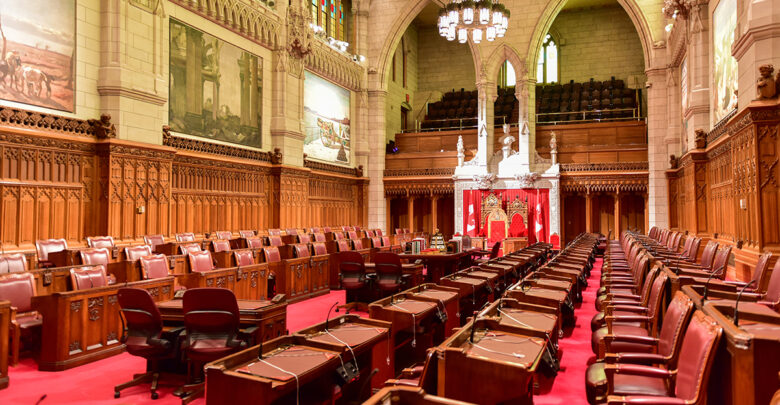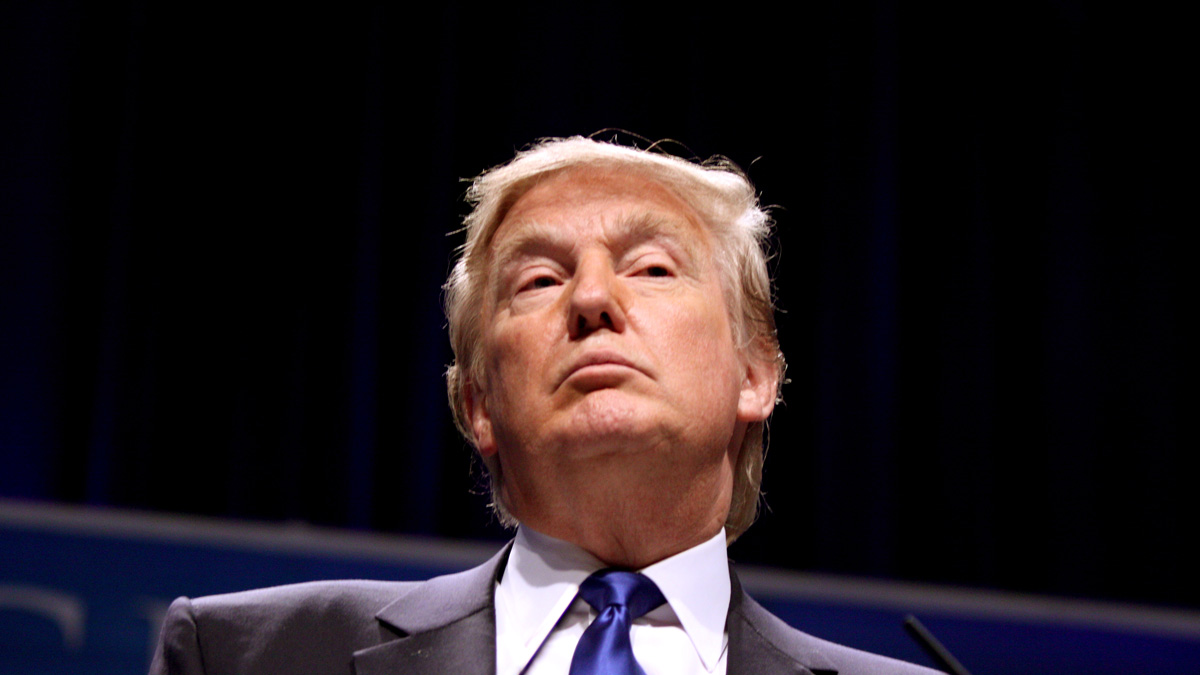 Supplied
SuppliedMany Albertans are very public about their discontent with Prime Minister Justin Trudeau and the Liberal Party. But Trudeau’s recent Senate appointments deserve the outrage they’re getting. On August 31, he announced the appointment of Daryl Fridhandler and Kristopher Wells as independent senators for Alberta.
The recent uproar surrounding the appointment of these two new Senate members for Alberta isn’t just about Trudeau’s choices. It exposes a fundamental flaw in Canada’s democratic process. While much of the criticism targets political favouritism and patronage, the deeper issue lies within the Senate itself. It’s an unelected body tasked with representing the people while being utterly unaccountable to them. This controversy serves as a glaring reminder of the urgent need for Senate reform.
When Trudeau announced the two new appointees, people noticed that Fridhandler was a well-known donor to the Liberal Party. Many Albertans saw it as yet another example of political favouritism. Alberta Premier Danielle Smith commented on X saying, “Albertans’ interests have once again been blatantly disregarded by Trudeau.” It’s clear that the appointment of Senate members, whether by Trudeau or any other prime minister, undermines the democratic principles of representation and accountability. Senators wield significant influence without facing the consequences of their decisions at the ballot box.
This lack of accountability goes hand-in-hand with a larger problem. The Senate has the potential to act as an extension of the governing party, rather than a body representing the diverse will of Canadians. Trudeau campaigned on a platform of Senate reform, and claimed to create a “non-partisan” appointment process. But it seems that the result, being an Independent Advisory Board for Senate Appointments, has done little to diminish the perception of partisanship.
Since July 2023, Trudeau has nominated 12 senators, eight of whom have donated to or worked with the Liberal Party at a federal or provincial level. Trudeau’s choices demonstrate that political connections and loyalty may still have a role in appointments. Even if the appointees don’t have ties to a federal party, they may feel an underlying obligation to the party that appoints them.
The optics are damaging to public trust in the government. Citizens are watching the governing party fill the upper house with individuals who may be more inclined to serve partisan interests than the nation as a whole. Alberta’s case is a clear example of this. These new appointments only distance the Senate further from the people it’s meant to serve.
However, this problem is not exclusive to the Liberal Party or Trudeau’s tenure — it is systemic. The Senate is structurally incapable of providing fair representation because Canadians don’t elect its members. If senators are to represent Canadians, they should be chosen through non-partisan elections.
This simple shift could dramatically enhance the Senate’s democratic legitimacy. Moving to an elected Senate would ensure that its members are accountable to the people they represent. Senators would have to justify their decisions to voters, facing regular elections that would allow the public to remove those who fail to act in their best interests. This would significantly reduce the role of political patronage in the Senate and ensure the selection of candidates is based on merit and public support.
The benefits of electing senators extend beyond accountability. An elected Senate could better reflect the diversity of Canada’s regions and demographics, ensuring fair representation for all Canadians. Instead of being beholden to the political party that appointed them, their constituents’ concerns would motivate senators. This would lead to a more effective legislative body focused on the needs of the senator’s regions. Moreover, an elected Senate would modernize Canada’s governance, aligning it with the contemporary democratic standards seen in other countries.
The outrage over Alberta’s Senate appointments highlights a larger, systemic flaw in Canada’s democracy. While Trudeau’s decisions deserve scrutiny, the real issue is the Senate itself — an undemocratic institution that needs urgent reform. Transitioning to an elected Senate is the only way to ensure accountability, transparency, and fair representation for all Canadians. It’s time for Canada to modernize its Senate and create a system that truly reflects the democratic values it claims to uphold.




